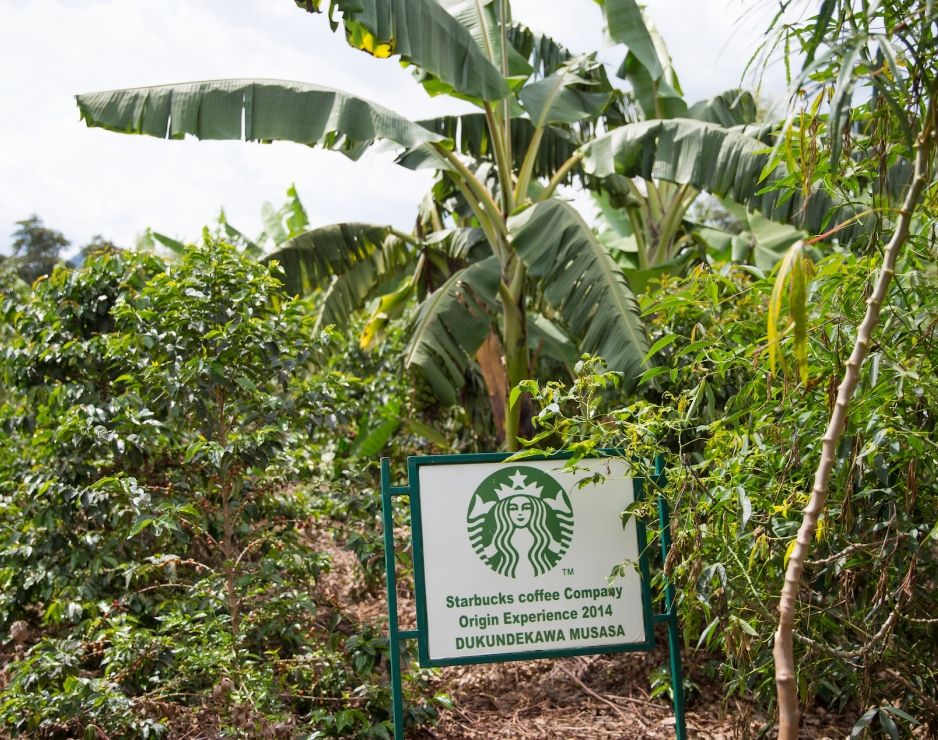KIGALI, Rwanda, 2017-May-02 — /EPR Retail News/ — They came from Europe, the Middle East and Africa. For the next four days, the 35 Starbucks partners from around the world will be immersed in the origin of coffee in the East African nation of Rwanda.
They are all part of a program called the Starbucks Origin Experience, which takes Starbucks partners from behind the store counters or office desks and places them among the people that grow, harvest and produce the coffee.
The annual trips to Costa Rica, Indonesia and Rwanda, three of the world’s coffee growing regions, are designed as a bridge between what Starbucks calls “the first 10 feet” – the coffee farms themselves – and the “last 10 feet,” where a customer orders and consumes a cup.
“Just as it’s important for a partner to put a lid on a cup and connect with a customer, it’s relevant to see farm workers and producers, picking (coffee), removing defects and grading, and rotating coffee during the drying process,” said Sergio Alvarez, a senior coffee specialist for Starbucks who is serving as an educator and trip leader during the Rwanda trip.
During the Origin Experience, the partners will visit farms, tour support centers where farmers learn about sustainability, help plant coffee trees and discover how the beans are processed. They will see drying tables where the coffee is dried and raked by hand by the coffee producers, and meet the people working in the fields. It’s also a chance to experience the pride and passion many people in Rwanda share about the strides they have made in recent decades.
In 1994, a 100-day Rwandan Genocide against Tutsi and moderate Hutu killed an estimated one million people, leaving the nation devastated by catastrophic loss. Since then, Rwanda has made significant strides in its social structure, technology and importantly, reconciliation among its people.
Coffee has been a part of healing, said Starbucks partner Arthur Karuletwa, director of Traceability, Global Coffee. Karuletwa, a native Rwandan, was 17 during the genocide. With many men killed, in prison or fleeing the country, much of the cash crop industry of coffee became the work of women. Coffee has helped revive devastated communities and is providing income to a once-ravaged nation.
Starbucks multimedia journalist Joshua Trujillo is traveling with the partners and will be sharing some of what they see and experience.
MEDIA CONTACT:
Global
Phone: 206 318 7100
Email: press@starbucks.com
SOURCE: Starbucks Corporation
###
